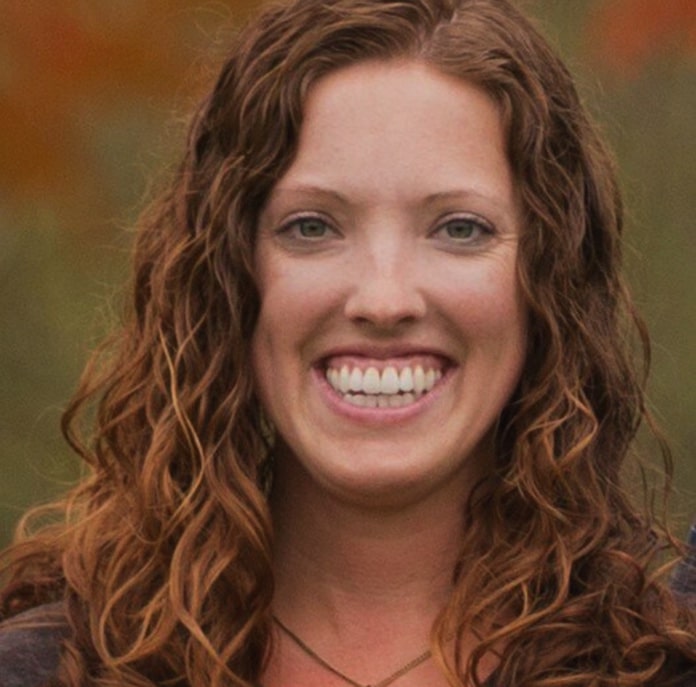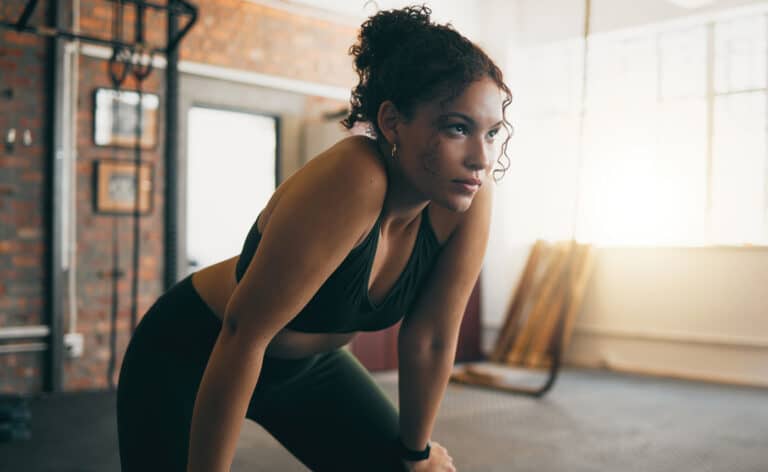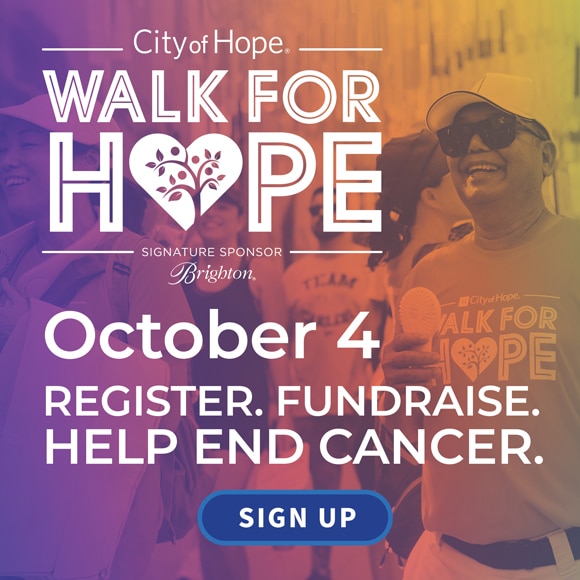After the nightmare of gun violence, survivors face difficult realities
Fact checked by Shannon Sparks
Andre Johnson was driving home from a basketball tournament, celebrating a victory, when carjackers opened fire without warning. Andre was shot four times; his best friend was killed.
Andre describes what followed as a whirlwind. Overnight, he went from a typical 22-year-old college student — with a thriving social, work, and academic life — to navigating a spinal cord injury and the physical and emotional trauma of gun violence.
Andre’s story is an example of an often-overlooked group: survivors of gun violence, left with a disability.
Since 2010, more than 38,000 Chicagoans have suffered a non-fatal shooting. These survivors often face a new reality: an ongoing disability, which can be physical or psychological in nature.
“Most persons who sustain a gunshot wound do not die,” says Michelle Gittler, MD, chief medical officer at Schwab Rehabilitation, part of Sinai Chicago. However, she clarifies, “Persons who sustain a self-inflicted gunshot wound more often than not do die.” And nationally, suicides with firearms make up more than half of all firearm deaths.
Gittler sees many patients who experience a disability after a non-fatal shooting, including:
- Brain injuries that make it difficult for the person to process information the way they used to
- Spinal cord injuries that result in full or partial paralysis
- Injuries to the abdomen that damage the intestines
- Injuries to blood vessels that result in amputation
“What we often cannot see is the anxiety and fear that people experience after sustaining a gunshot wound, which can be as disabling, if not more, for the individual,” Gittler says. She mentions the mental health ramifications, too. “Imagine being shot just being outside your home. How comfortable are you then going back outside? How comfortable would you be having your children or the people you love go outside your home?”
Moving forward
The needs of someone with a disability from gun violence extend well beyond the initial hospitalization.
“Experiencing gun violence is a shock to the system in more ways than one,” says Candace Coleman, community strategy specialist at Access Living, an organization that offers services and support for people with disabilities in Chicago. “Someone who is newly disabled is left wondering how to go about living their life because it looks so different.”
Often, the first pressing need is housing. People may have to move out of their home due to ongoing safety concerns or because they now have a physical disability that doesn’t work within their former house. The latest estimates show that only 5% of the available housing stock in the U.S. is designed for accessibility, and less than 1% is wheelchair accessible. Finding accessible housing that is also affordable adds another layer of challenge.
After spending 11 months recovering, moving from the hospital to a nursing home to a rehabilitation center, Johnson faced the ultimate transition: returning home. In his search for an independent living situation, he looked at dozens of buildings, none of which were suitable for a wheelchair.
Simple accommodations such as automatic door openers, hard floors instead of carpet, and a bedroom and bathroom on the first floor were hard to find. He spent several years prior living with his aunt, who converted her first-floor dining room into a semi-accessible space.
“Most of the initial calls we receive are about help finding affordable, accessible housing,” Coleman says. “Some individuals end up institutionalized in nursing homes due to lack of a housing situation appropriate for their needs.”
Other challenges include finding and keeping employment, accessing medical supplies and care, understanding and navigating the available resources for those with a disability, and accessing mental health care, all while adapting to a new reality.
“People grieve the day that their body changed,” Coleman says. “They need a community to help them find themselves again.”
The years beyond
Organizations such as Access Living connect those with disabilities to peer support as an important adjustment step. “Individuals who are 2 to 5 years out have
a lot of advice to give those who are newly injured,” Coleman says.
Johnson recommends everyone dealing with a new disability find a peer mentor and resource. He reflects on the impact his own mentor had on his early transition. “I learned about simple things I never thought of, such as always having two seat cushions with me in case one gets damaged. My peer mentor taught me how to look after the small things as well as the big things.”
One of the biggest challenges Johnson faced early on was the immense struggle to get necessary medical supplies and equipment — such as a wheelchair that
fit his needs — when he transitioned home. “There is a lot of poor communication and inopportune procedures between medical supply organizations and healthcare providers that harms those like myself. Trying to navigate it consumes a lot of time and energy.”
This frustrating lack of coordination led Johnson to found his own start-up, LiveEquipd, to streamline the fractured systems that exist between the healthcare and medical supply sectors. One of Johnson’s ultimate goals: to improve health outcomes for South and West Side Chicagoans with disabilities.
Though Johnson’s story is inspirational, he is an outlier. The vast majority of gun shot survivors face a life they never imagined.
“Too often we hear more about people who die than those who survive,” Coleman says.
After the media attention fades, survivors face their future: a lifetime of managing the repercussions of gun violence, especially for those whose bodies and minds forever bear the story.
Local organizations committed to serving gun violence survivors
LiveEquipd
222 W. Merchandise Mart Plaza, #1212, Chicago, IL 60654
Email: info@liveequipd.com
Access Living
(312) 640-2100
TTY: (312) 640-2102
Institute for Nonviolence Chicago
(773) 417-7421
Illinois Department of Human Services, Division of Rehabilitation Services
Voice: 1-877-791-9780
TTY: 1-866-264-2149
dhs.state.il.us/page.aspx?item=29764
Originally published in the Fall 2024/Winter 2025 print issue.

Rebecca is an experienced registered dietitian, freelance writer, and yoga teacher who loves to read, hike, and tend her garden.














